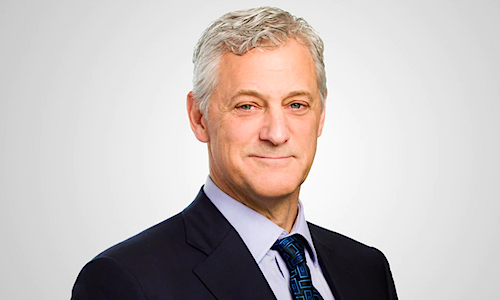Bill Winters: Cryptocurrencies are «Here to Stay»
Standard Chartered chief executive Bill Winters backed cryptocurrencies as instruments with an important role in financial markets, underlining growing concerns about inflation risk.
Standard Chartered CEO Bill Winters recently expressed optimism about cryptocurrencies which have seen a major comeback with bitcoin nearly doubling its price from its year-to-date low of under $31,000 in July.
«There are fascinating questions about whether completely decentralized cryptocurrencies are preferable to somewhat administered cryptocurrencies. That the market will decide over time,» said Winters in a recent conference call following a digital and innovation event at the bank.
«If there’s a role for these instruments in markets, there will be a role for us to support that, always subject to regulatory guardrails.»
Inflation Risk
According to Winters, cryptocurrencies are «here to stay», adding that a key driver of demand stems from growing concerns about inflation risk caused by unprecedented monetary loosening.
«I think there’s a role for non-fiat currencies, especially when parts of the market are concerned about inflation,» he explained.
«Broadly we’ve gone through a long period of low inflation and we’ve got central banks experimenting in uncharted territory with very, very loose monetary policy. It’s perfectly reasonable for people to want an alternative to fiat currency?»
Custody Business
Beyond just observing the market, Standard Chartered is already testing the waters in cryptocurrency businesses.
After announcing a partnership with Northern Trust in December last year to roll out a crypto custody solution, the bank launched the London-based Zodia Custody in July this year to tap into client demand.
«We set up Zodia Custody with the clear goal of serving institutional investors who want to invest in cryptoassets in a sustainable, safe and responsible way,» said head of SC Ventures Alex Manson in a statement at the time. «Our aspiration is to lift standards, grow the ecosystem and help a nascent industry mature, becoming more acceptable to institutional investors and ultimately society at large.»



























